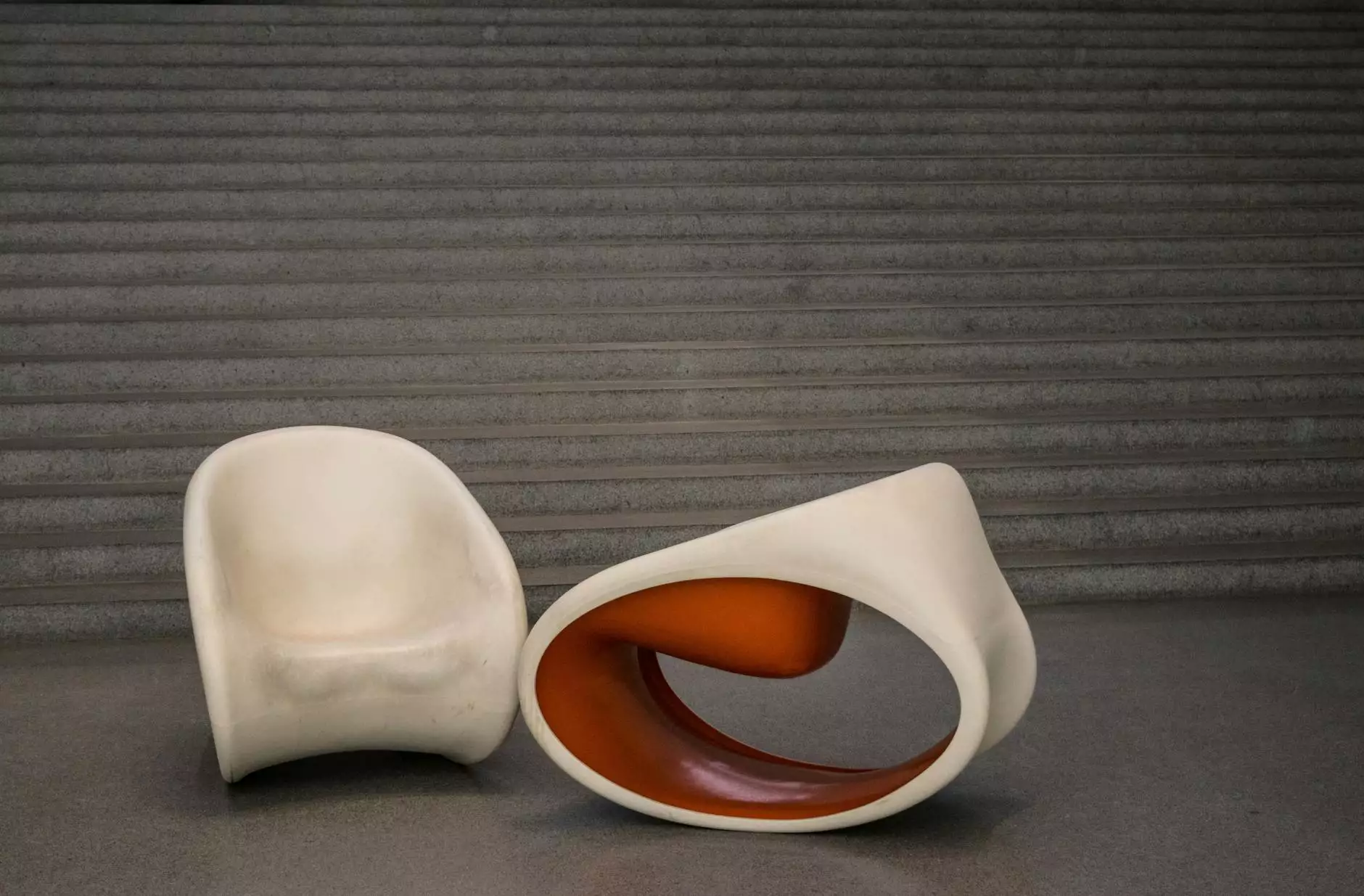Understanding Commercial Dehumidifiers: The Ultimate Guide for Industrial Use

In the world of industrial operations, maintaining optimal environmental conditions is crucial for productivity, equipment longevity, and overall safety. One of the most important tools in achieving this is the commercial dehumidifier industrial. This powerful equipment plays a pivotal role in controlling humidity levels, thereby protecting assets and ensuring a conducive work atmosphere. This comprehensive guide aims to delve into the significance, types, benefits, and best practices regarding commercial dehumidifiers in industrial contexts.
What is a Commercial Dehumidifier?
A commercial dehumidifier is a specialized appliance designed to reduce and maintain humidity levels in various environments. Unlike typical residential models, industrial dehumidifiers are engineered to handle larger space areas and more demanding conditions. By drawing moisture from the air, they help mitigate the risks associated with high humidity, such as mold growth, corrosion, and discomfort among workers.
The Importance of Moisture Control in Industrial Settings
- Preventing Mold and Mildew: High humidity can lead to the growth of mold and mildew, which can compromise product quality and worker health.
- Protecting Equipment: Excess moisture can cause electrical components to malfunction and machinery to rust or corrode, leading to costly repairs.
- Enhancing Worker Comfort: Maintaining a comfortable working environment helps in improving productivity and employee satisfaction.
- Compliance with Regulations: Certain industries must adhere to strict humidity standards to ensure safety and quality control.
Types of Commercial Dehumidifiers for Industrial Use
Choosing the right commercial dehumidifier industrial depends on specific needs and the setting in which it will be used. Below are common types of industrial dehumidifiers:
1. Refrigerant Dehumidifiers
This type operates on the principle of condensation. Moist air is drawn in, cooled down, and then reheated before being released back into the environment. They are effective in moderate humidity levels but might struggle in extremely low temperatures.
2. Desiccant Dehumidifiers
Utilizing moisture-absorbing materials, desiccant dehumidifiers can operate effectively in lower temperatures and are particularly suited to applications requiring very low humidity levels. They are ideal for industries like pharmaceuticals and food processing.
3. Industrial Dryers
These units combine dehumidification with the drying process. Primarily used in manufacturing settings, they are essential in processes where moisture must be controlled, such as in textiles or wood processing.
Key Benefits of Using Commercial Dehumidifiers
Implementing a commercial dehumidifier industrial brings multiple advantages:
- Improved Air Quality: By reducing humidity levels, these devices help in keeping the air clean and safe for workers.
- Increased Energy Efficiency: Maintaining optimal humidity can enhance the efficiency of HVAC systems, resulting in energy savings.
- Extended Life of Assets: Protecting machinery and infrastructure from moisture damage can significantly reduce maintenance costs over time.
- Product Quality Assurance: In manufacturing and storage environments, regulated humidity contributes to consistent product quality.
Applications of Commercial Dehumidifiers
Various industries apply commercial dehumidifier industrial solutions to enhance their operations. Some notable applications include:
1. Construction Sites
During building projects, managing humidity is vital to ensuring that materials like drywall, paints, and adhesives cure properly. Dehumidifiers help speed up drying times and prevent moisture-related issues.
2. Warehouses and Storage Facilities
Maintaining proper humidity levels in storage areas is critical to preventing spoilage and product deterioration, particularly for sensitive goods like electronics and perishables.
3. Manufacturing Plants
In factories, controlling humidity levels is essential for the production process, worker comfort, and equipment preservation.
4. Data Centers
High humidity can jeopardize the performance of sensitive electronic equipment. Dehumidifiers help safeguard these environments, ensuring operational efficacy.
Choosing the Right Commercial Dehumidifier
Selecting the appropriate commercial dehumidifier industrial can seem daunting given the variety of options available. Here are steps and factors to consider:
1. Assessing Humidity Levels
Before purchasing, evaluate the current humidity levels of your space. This information will help determine the capacity needed for the unit.
2. Space Size Consideration
The size of the area that needs dehumidification plays a crucial role in selection. Larger spaces require units with higher capacity.
3. Understanding Specific Needs
If specific conditions exist (like low temperatures), a desiccant model might be required instead of a refrigerant one.
4. Energy Efficiency Ratings
Look for units with high energy efficiency ratings to minimize operational costs.
Installation and Maintenance Tips
To maximize the effectiveness of your commercial dehumidifier industrial, proper installation and regular maintenance are essential:
1. Professional Installation
Although some models can be installed by professionals, it is wise to engage with qualified technicians for complex setups to ensure optimal performance.
2. Regular Filter Changes
Change or clean filters regularly, as dirty filters can hinder airflow and reduce efficiency.
3. Monitoring Humidity Levels
Utilize hygrometers to monitor humidity levels continually. This ensures that your dehumidifier operates effectively within desired parameters.
4. Maintenance Schedule
Establish a routine for checking the unit’s components and efficiency. Regular inspections can catch issues before they escalate, saving time and money.
Conclusion: The Future of Humidity Control in Industry
The significance of commercial dehumidifier industrial systems in maintaining optimal humidity cannot be overstated. As industries continue to evolve and face challenges related to climate control, investing in advanced dehumidification solutions is essential. Not only do these systems protect valuable assets and products, but they also help create safer and more comfortable working environments.
For businesses looking to implement effective moisture control solutions, Climatronics.in offers a wide range of commercial dehumidifiers tailored to meet your specific needs. Explore our innovative products and enhance your operational efficiency today!









